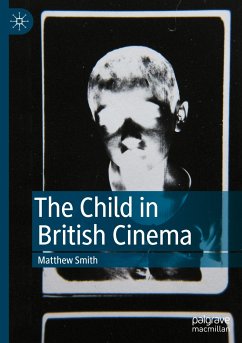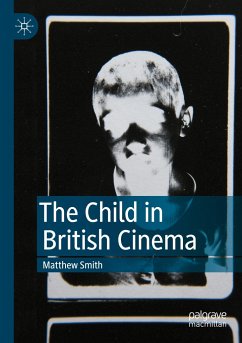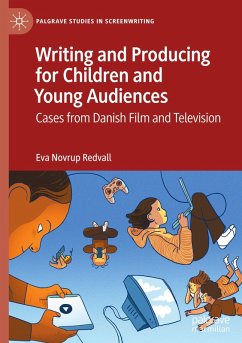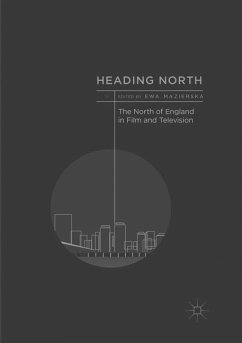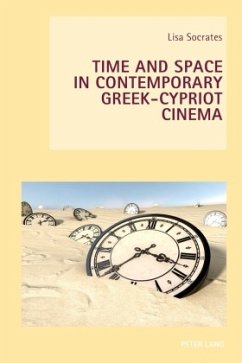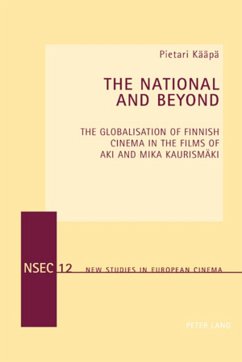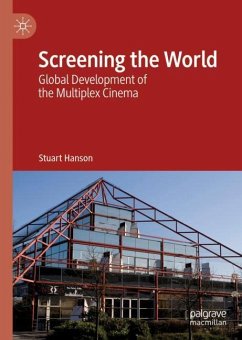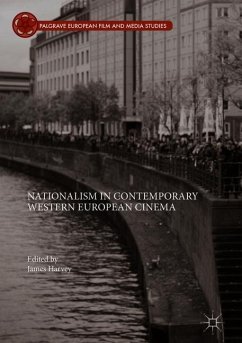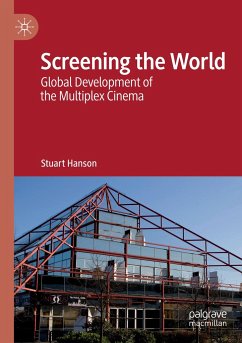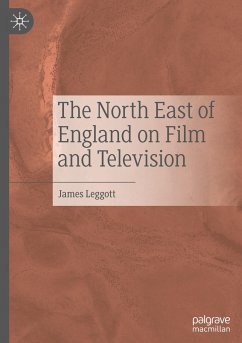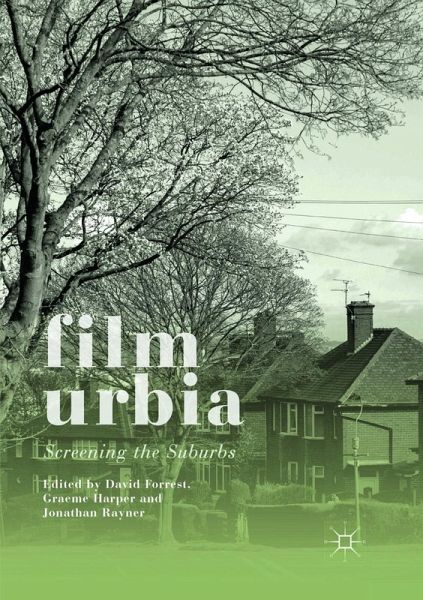
Filmurbia
Screening the Suburbs
Herausgegeben: Forrest, David; Harper, Graeme; Rayner, Jonathan
Versandkostenfrei!
Versandfertig in 6-10 Tagen
49,99 €
inkl. MwSt.

PAYBACK Punkte
25 °P sammeln!
In this book, scholars from across the world explore the appearance, portrayal and significance of the suburb on film. By the mid-20th Century, supported by changes in transportation, suburbs became the primary location of entire national populations and films about the suburbs began to concertedly reflect those suburbs' significance as well as their increasingly lively cultures! Suburbia very soon became filmurbia, as films of the suburbs and those made in the suburbs reflected both the positive and the negative aspects of burgeoning suburban life. Film-makers explored the existences of new s...
In this book, scholars from across the world explore the appearance, portrayal and significance of the suburb on film. By the mid-20th Century, supported by changes in transportation, suburbs became the primary location of entire national populations and films about the suburbs began to concertedly reflect those suburbs' significance as well as their increasingly lively cultures! Suburbia very soon became filmurbia, as films of the suburbs and those made in the suburbs reflected both the positive and the negative aspects of burgeoning suburban life. Film-makers explored the existences of new suburbanites, their interests, their newly emerging neighbourhood practices, their foibles, their fantasies and their hopes. Whether depicting love, ambition, commerce, family, home or horror, whether traveling to or living in suburban spaces, whether exhibiting beauty, brazenness or brutality, the films of suburbia capture human life in all its diverse guises.



